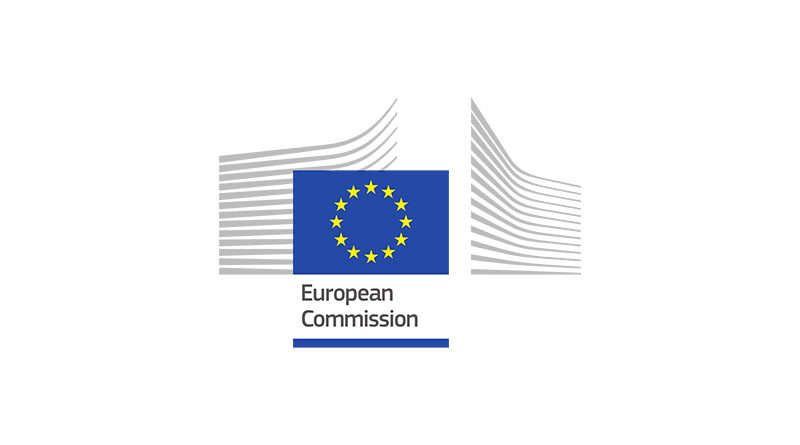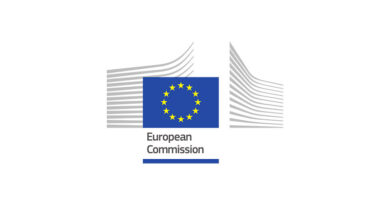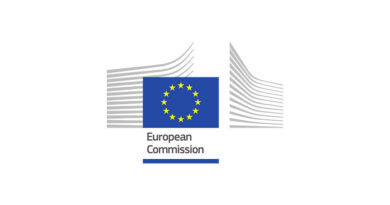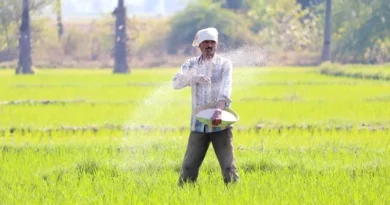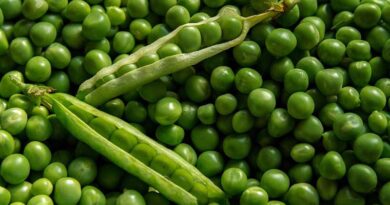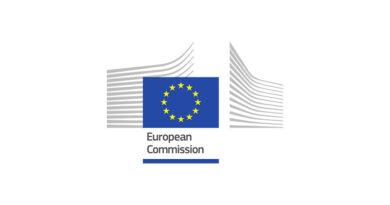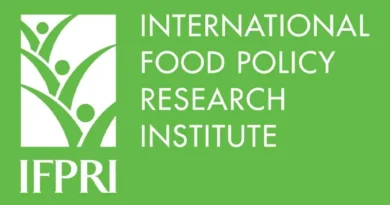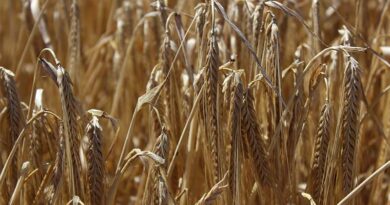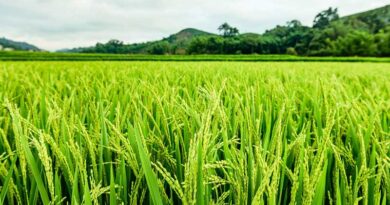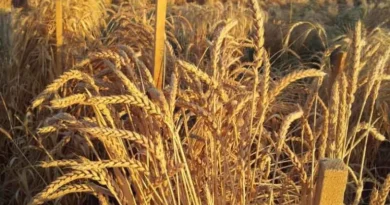European Green Deal: Commission prepares new initiatives to boost the organic farming sector
04 September 2020, Brussels, BE: The European Commission has today launched a public consultation on its future Action Plan on Organic Farming. This sector will play an important role in achieving the European Green Deal ambition, and reaching the objectives set out in the Farm to Fork and Biodiversity Strategies.
Read: Record area of 1095.38 lakh ha has been covered under Kharif crops
It is a priority for the Commission to ensure that the organic farming sector has the right tools in place as well as a well-functioning and consensual legal framework which is key to achieving the objective of 25% of agricultural land dedicated to organic farming. While the new organic regulation provides a solid basis, secondary legislation still to be adopted needs to be equally resilient.
At the request of Member States, the European Parliament, third countries, and other stakeholders, the Commission has therefore proposed today as well to postpone the entry into force of the new organic legislation by one year, from 1 January 2021 to 1 January 2022.
Read: Honda India Power Products launches All New 4-Stroke Backpack Brush Cutter
Agriculture and rural development Commissioner Janusz Wojciechowski said: “The Farm to Fork and Biodiversity strategies set ambitious targets for the agricultural sector to ensure it is Green Deal-ready. Organic farming will be a key ally in the transition that we are leading towards a more sustainable food system and a better protection of our biodiversity. The Commission will support the organic sector towards the achievement of the 25% target of agricultural land under organic farming by 2030 with the appropriate policy and legal framework. ”
The future Organic Farming Action Plan, due for adoption early in 2021, will be an important instrument to accompany the future growth of the sector. The Commission’s Farm to Fork and Biodiversity Strategies include the target of reaching 25% of agricultural land under organic farming by 2030.
To help reach this target, the European Commission is putting in place and making use of key tools:
- An Action Plan for Organic Farming, which will be instrumental in helping boost the sector, both at demand and supply level. It will be organised around three key angles: stimulating demand for organic products while maintaining consumer trust; encouraging the increase of the organic farming area in the EU; and, enhancing the role of organic production in the fight against climate change and biodiversity loss, including in sustainable resource management. The public consultation launched today aims at gathering feedback on the draft plan from citizens, national authorities and relevant stakeholders. The questionnaire will be online for a period of 12 weeks, until 27 November
- The new organic legislation, which will reflect the changing nature of this rapidly growing sector. The new rules are designed to guarantee fair competition for farmers while preventing fraud and maintaining consumer trust. To ensure a smooth transition between the current and future legislation and to allow the industry and Member States to be fully ready to implement the new rules, the Commission has proposed to postpone by one year its entry into force. The postponement was originally requested by Member States, the European Parliament, third countries, and other stakeholders due to the complexity and importance of the secondary legislation under preparation. As a result of the coronavirus crisis, work on the secondary legislation has slowed down. The postponement will allow sufficient time for the necessary extensive consultations and legislative scrutiny.
- The EU agri-food promotion policy, which supports the European agricultural sector by promoting its quality features on the internal market and in third countries. For the year 2021, the Commission plans to allocate a specific budget of €40 million to organic farming under the promotion policy. This budget will co-finance promotion actions and information campaigns on the EU organic sector, raising awareness about its qualities and aiming at stimulating demand.
In addition to these key tools, the current and future Common Agricultural Policy (CAP) will continue to support the further development of organic farming in the EU. For instance, measures under the rural development programmes offer support to farmers who wish to convert to organic farming as well as maintaining this type of agriculture.
Background
Organic farming aims to produce food using natural substances and processes, leading to an agricultural method with limited environmental impact. It encourages the use of farm-derived renewable resources, the enhancement of biological cycles within the farming system, the maintenance of biodiversity, the preservation of regional ecological balances, the maintenance and increase of soil fertility, and the responsible use and proper care of water. Additionally, organic farming rules encourage a high standard of animal welfare and require farmers to meet the specific behavioural needs of animals.
On 20 May 2020, the Commission adopted its Farm to Fork and Biodiversity Strategies. In line with the European Green Deal, they propose ambitious EU actions and commitments to halt biodiversity loss in Europe and worldwide and transform our food systems into global standards for competitive sustainability, the protection of human and planetary health, as well as the livelihoods of all actors in the food value chain.

